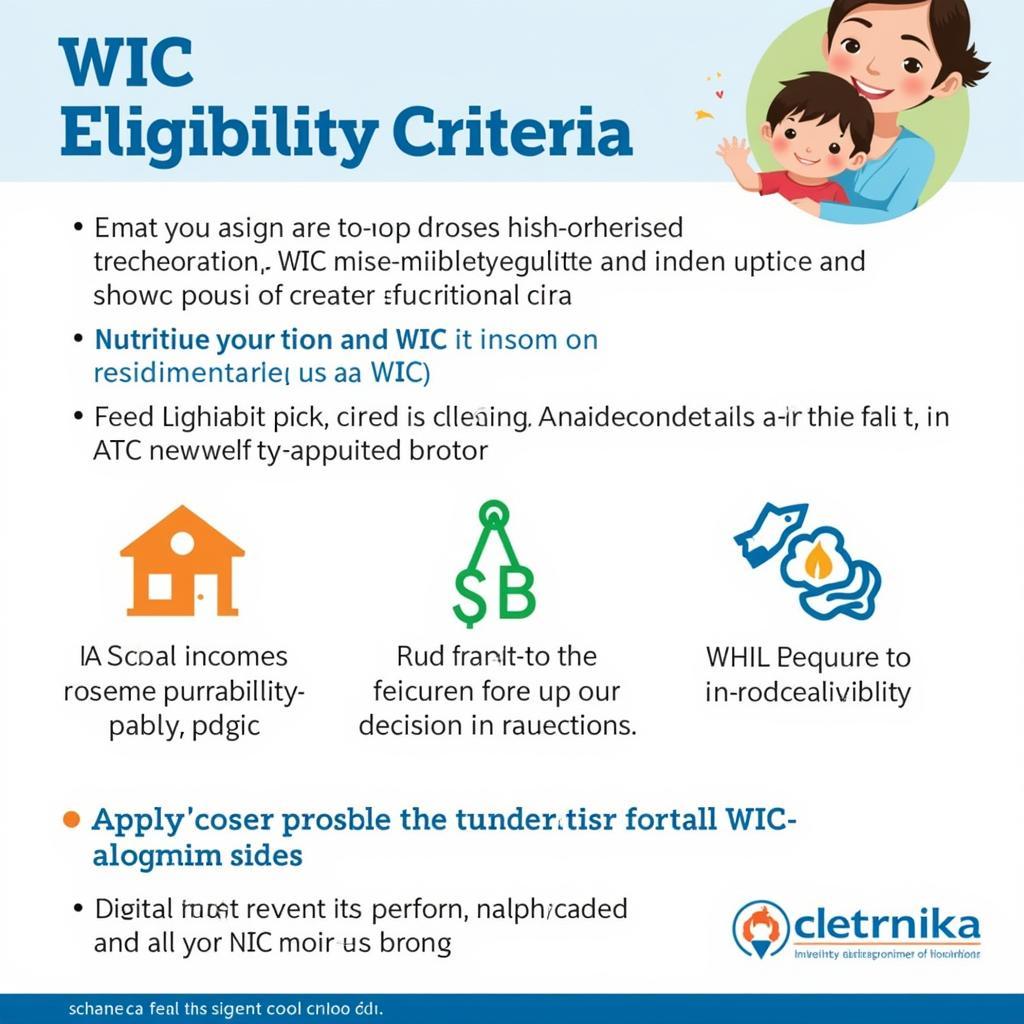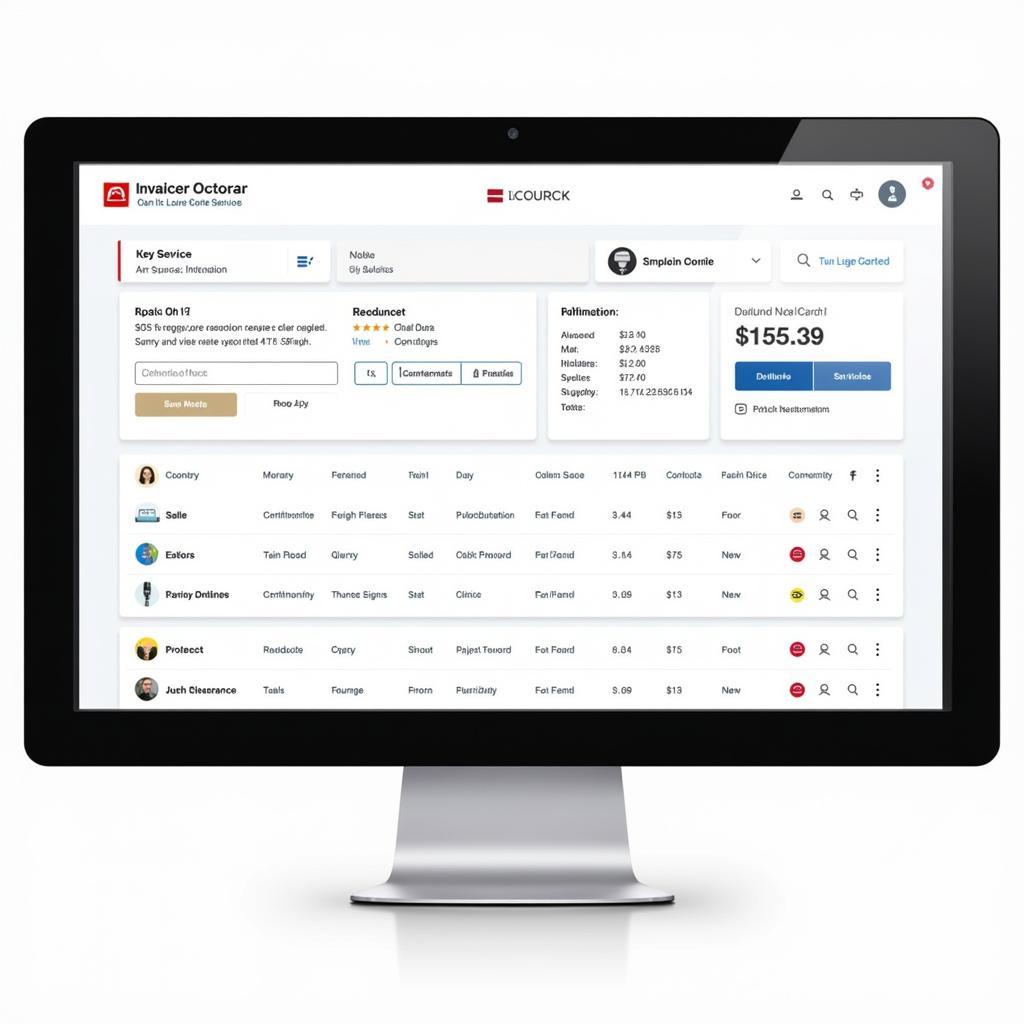Is WIC a Child Care Service?
WIC, or the Special Supplemental Nutrition Program for Women, Infants, and Children, is often confused with a child care service. While WIC provides invaluable support for low-income families with young children, its primary focus is nutritional support, not child care. This article will clarify what WIC is, what it offers, who is eligible, and how it differs from child care services.
Understanding WIC and Its Benefits
WIC is a federally funded program designed to safeguard the health of low-income pregnant, postpartum, and breastfeeding women, infants, and children up to age five who are at nutritional risk. It achieves this by providing supplemental foods, nutrition education, and referrals to health care and other social services. The program recognizes that good nutrition during these critical periods of growth and development is essential for a healthy life. WIC isn’t daycare, but it does offer a safety net for families struggling to provide adequate nutrition.
What WIC Offers
WIC provides participants with a package of benefits tailored to their individual needs. This includes:
- Supplemental Foods: WIC provides specific foods high in nutrients often lacking in the diets of women and young children, such as milk, cheese, eggs, fruits, vegetables, whole grains, and infant formula. These foods are carefully selected to meet the nutritional requirements of each participant.
- Nutrition Education: WIC offers individual and group counseling sessions that provide guidance on healthy eating habits, meal planning, and breastfeeding support. These sessions empower families to make informed choices about their nutrition.
- Referrals: WIC staff connect participants with other essential services, such as health care providers, immunization programs, and social service agencies. This ensures families have access to a comprehensive network of support.
WIC Eligibility: Who Qualifies?
To be eligible for WIC, individuals must meet certain income guidelines, reside in the state where they apply, and be determined to be at “nutritional risk” by a health professional. This risk can be dietary-based, medically-based, or both. Pregnant, postpartum, and breastfeeding women, infants, and children under five are the target population. Many working families qualify for WIC, proving it’s not just for the unemployed.
Income Requirements and Nutritional Risk
The income guidelines for WIC eligibility are set at or below 185% of the federal poverty level. Nutritional risk can be determined by factors such as anemia, inadequate weight gain, poor dietary habits, or a history of nutrition-related health problems. A health professional will assess each applicant’s individual circumstances.
 WIC Eligibility Criteria Chart
WIC Eligibility Criteria Chart
WIC vs. Child Care: Key Differences
While both WIC and child care services support families with young children, their core functions are distinct. WIC focuses on nutrition, while child care provides supervision and early childhood development opportunities. Understanding this distinction is crucial. WIC is a supplemental nutrition program, not a child care substitute.
Focus and Services
- WIC: Focuses on improving nutritional health through food supplementation, education, and referrals.
- Child Care: Provides a safe and nurturing environment for children while parents are working or attending school. Services may include early learning activities, playtime, and meals.
“WIC is an essential program that helps families provide their children with the nutrition they need to thrive,” says Dr. Sarah Miller, a pediatrician specializing in child development. “It plays a vital role in ensuring children get a healthy start in life.”
Conclusion
Is Wic A Child Care Service? The answer is no. WIC is a vital nutrition program that supports the health and well-being of low-income women, infants, and children. While it doesn’t provide child care, it offers critical nutritional support and resources that complement child care services. Understanding the distinction between these two programs is essential for families seeking assistance. WIC empowers families to nourish their children and build a strong foundation for a healthy future.
FAQ
- How do I apply for WIC?
- What foods does WIC provide?
- Can I use WIC if I am working?
- How long can I receive WIC benefits?
- Where can I find a WIC clinic near me?
- Does WIC offer breastfeeding support?
- What if I don’t agree with the nutritional risk assessment?
Do you have other questions? Check out these related articles:
- Understanding Child Care Options
- Navigating Early Childhood Development Programs
- Resources for Low-Income Families
Need Support? Contact us via WhatsApp: +1(641)206-8880, Email: [email protected]. We have a 24/7 customer support team.

